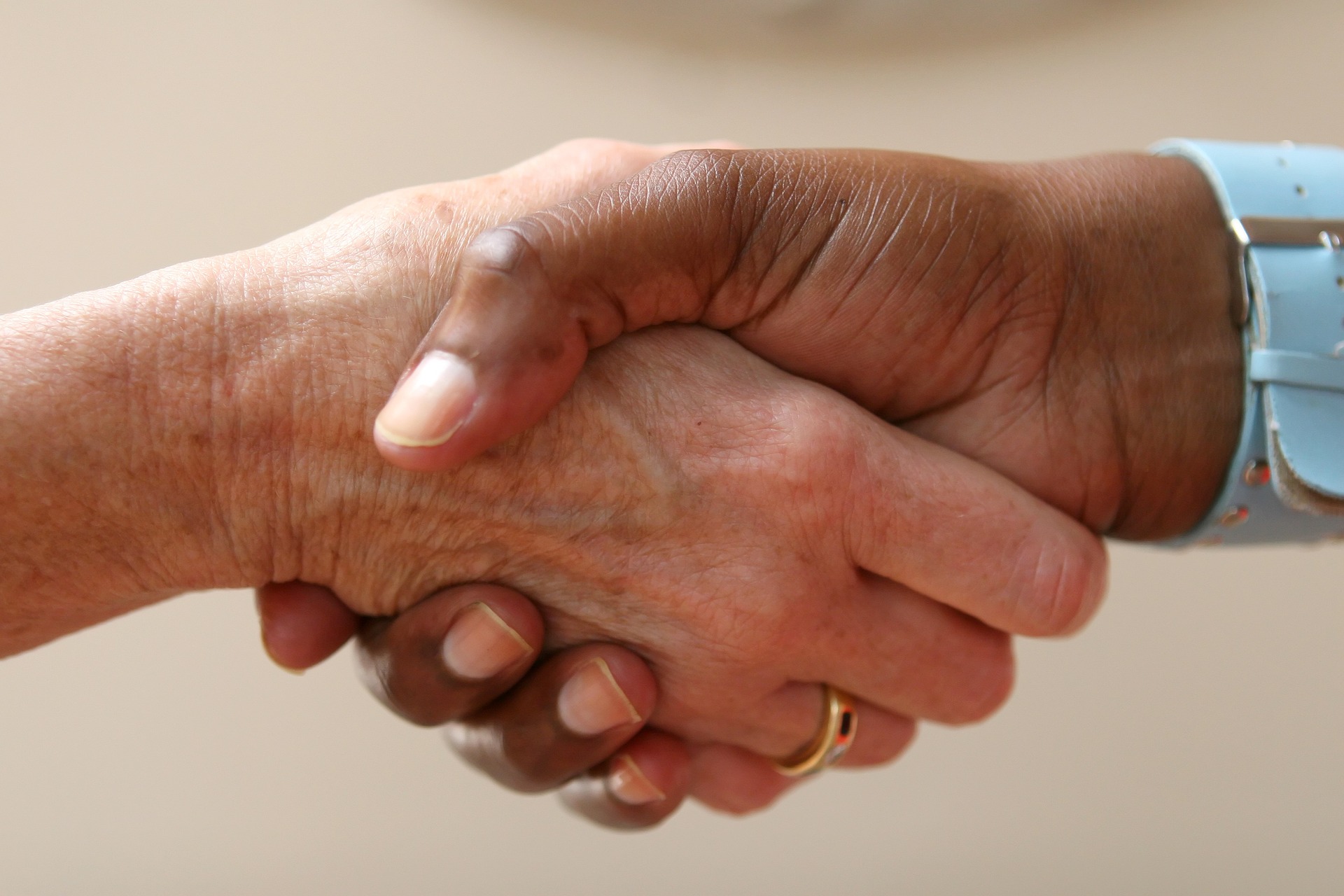Get Help With Alcohol Addiction
- Find meetings near you
- Discover online or in person meetings
- Get 24 hour information on addiction
Since its humble beginnings in 1935, Alcoholics Anonymous has helped millions of people tackle their problems with alcohol abuse. However, does Alcoholics Anonymous discriminate against certain types of alcoholics?
According to the organization’s mission statement, Alcoholics Anonymous is a place for both“men and women” to share “their experience, strength and hope with each other that they may solve their common problem and help others to recover from alcoholism.”
But does this mission statement really align with the organization’s actual operation? For the most part, yes.
Alcoholics Anonymous Is Widespread
Currently, Alcoholics Anonymous has 1.3 million members in the United States and 2.1 million members across the globe. It’s known as the largest alcoholic recovery organization in the world.
In the United States alone, there are almost 58,000 autonomous Alcoholic Anonymous groups. Worldwide, that number rises to over 100,000 group.
With this many groups available for an alcoholic to choose from, it seems unlikely that a person could be excluded or alienated in any way.
Need help finding an Alcoholics Anonymous group near you? Call our hotline at
800-948-8417
Who Answers?
to be matched with a group meeting in your local area.
Alcoholics Anonymous Welcomes Members of All Backgrounds

Alcoholics from all backgrounds and walks of life are welcome in Alcoholics Anonymous.
Alcoholics Anonymous has an open door policy. This means that it accepts everyone, regardless of their skin color, economic background, or religion.
In fact, the organization claims that they are “not allied with any sect, denomination, politics, organization or institution,” and it “does not wish to engage in any controversy, neither endorses nor opposes any causes.”
While the majority of the program’s members are white, this doesn’t mean that ethnic minorities aren’t welcome. By avoiding racism or other prejudice, Alcoholics Anonymous can do a better job of providing services to everyone.
Alcoholics Anonymous Is Free
Alcoholics Anonymous understands that not all of its members can afford to pay to attend meetings. Many people might have spent all of their money on medical treatment or might not have a job due to their abuse issues.
Therefore, the organization does not require any dues or fees to be paid in order to be a member. It sustains itself entirely through voluntary contributions.
In this way, people can choose to pay if they are able but are not forced to. No one is excluded because of an inability to pay.
Alcoholics Anonymous Only Focuses on Alcohol Issues
According to the group’s guidelines, Alcoholics Anonymous has a main goal of helping people suffering from alcohol addiction. At first glance, this might seem like they discriminate against certain people.
However, that doesn’t mean they only accept people who are solely alcoholics. There are many members who also deal with substance abuse issues, as this problems are frequently co-occuring.
Studies show that one in eight alcoholics also deal with a drug addiction, while half of people addicted to drugs also have an alcohol addiction.
Instead of focusing meetings on these other substance abuse issues, Alcoholics Anonymous chooses to focus treatment solely on helping people overcome their alcoholism. By doing this, it hopes that members will be able to apply these skills to overcome other obstacles they face, such as drug addiction.
As you can see, Alcoholics Anonymous does not discriminate against any of its members. All types of people are welcomed on their recovery journey.
Ready to move forward and get on the road to recovery? Call our hotline at
800-948-8417
Who Answers?
to speak with a substance abuse specialist. They will be able to direct you to the best treatment center, doctor, or Alcoholics Anonymous group in your city.
References:
https://cws.auburn.edu/studentaffairs/healthandwellness/resources/?Recovery
